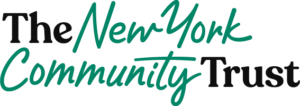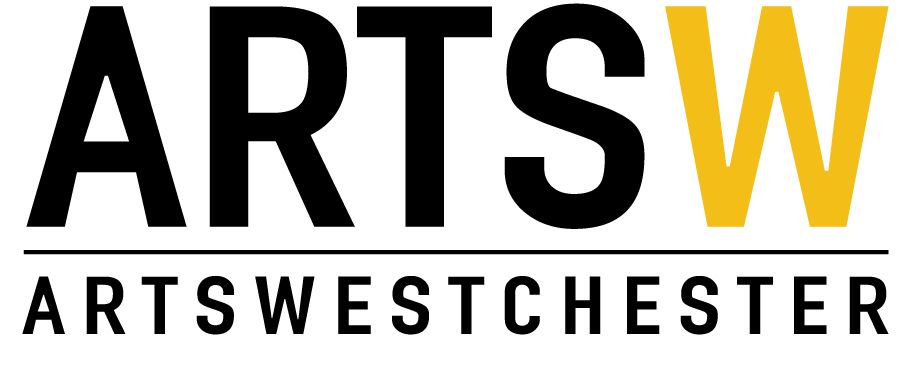
Aidan Pasquale is
studying Double Bass Performance at the Eastman School of Music (class of
2022). He was born and raised in Rye, New York.
How did you get started in music? How did you make your way to Hoff-Barthelson?
My mom was a singer and studied voice in college, but opted to follow a liberal arts education path, instead of a conservatory path. My dad played drums on the side and listened to classic rock like Pink Floyd and Led Zeppelin; he still plays drums in an area band as a hobby. In first grade I started studying electric guitar with a next-door neighbor. In 4th grade, when the time came to pick an instrument to study at school, I chose the double bass, partly because four of the strings were the same as guitar. I didn’t have to re-learn the instrument from scratch. By the end of 4th grade, my music teacher at Milton Elementary in Rye suggested that we consider Hoff-Barthelson. She had been on faculty and felt like it could be a good match. I studied with Sue Fleishaker from that point on, and things just took off once I got into the program at Hoff-Barthelson. I played in the Symphonette in 5th grade and did Chamber Orchestra from 6th to 9th grades and Festival Orchestra from 10th to 12th grades. Over the years, I took advantage of every opportunity HBMS had to offer: music theory, composition, jazz, conducting, and the chamber music program.
When did you think you might want to “go pro?”
I always had a lot of different interests, particularly in civics and politics. I think it was an awakening built up over a lot of different positive experiences. In the summer before 7th grade, I enrolled in Summer Arts at HBMS. I met a new group of kids which was cool. It was the first time that I got to play a whole new range of material and had the free time to practice a lot at home. During my first year in Festival Orchestra in 10th grade, we played Beethoven’s 6th Symphony. I had to practice a lot to nail the bass part because, as is the case for most students, that was my first experience playing from a full orchestral score, so the repertoire was very challenging. I had participated in various levels of NYSSMA All-County orchestras for several years, but in my 10th grade year, Sue really pushed me for my audition for NYSSMA All-State for my junior year. She helped me get ready for the audition and that helped me get really comfortable performing in front of a judge. When I got in, it was a really big deal. The All-State ensembles perform at the Kodak Theatre at Eastman, so that really solidified my interest in Eastman as a possible school. That summer, I got to participate in the Summer Fest program at the Curtis Institute of Music in Philadelphia. We had all new repertoire and a new guest conductor each week. We basically had a week to prepare for a month’s worth of work. It was pretty intense, but I loved that environment. I came home from Curtis and went full-swing into my senior year in high school, completing applications and preparation for conservatory auditions.
How did Hoff-Barthelson prepare you for your next step?
My teachers at Hoff-Barthelson really guided me every step of the way. The community here has been incredibly supportive. In addition to Sue, I worked a lot with Peter Seidenberg. Peter taught sectionals for Symphonette and Chamber Orchestra, and I got to work with him on a commissioned chamber music piece for the contemporary festival. I worked with Gary Kosloski for several years in the Chamber Music program, and I got a lot of experience playing orchestral repertoire in Festival Orchestra. Through the college advisory process at Hoff-Barthelson, it was strongly suggested that I take lessons with faculty from each of the conservatories that I was considering applying to (if possible). That was a great piece of advice: that process really helped me focus in on my final list for auditions and, in the end, I was accepted to every school where I connected with faculty ahead of time. That’s an important lesson right there.
What do you think you take with you from your experience here?
I would say Hoff-Barthelson taught me humility, the value of service/giving back to others through music, and the importance of having a supportive music school community. I don’t see how it benefits anyone to compete against other musicians. Hoff-Barthelson nurtures rigor, not competition. It’s not tied to a conservatory. People can take different paths. You take out what you put in. If you put a lot in, you can get a lot out of it. If you play recreationally, it will still help shape you as a person.
Any ideas on what your dream job would be?
I’d love to get a full-time gig in an orchestra, possibly someplace in Western Europe. I can see doing that for a period of time, maybe even saving up some money. Then I could see teaming up with a group of teachers, musicians, and performers, touring around the world and bringing music to people and kids in other countries. I’d like to use music as a vehicle for outreach and diplomacy, which fits with my interest in politics/civics. It seems like that’s desperately needed these days.




